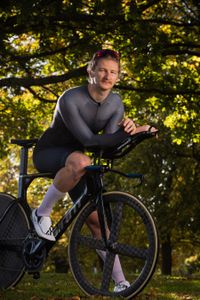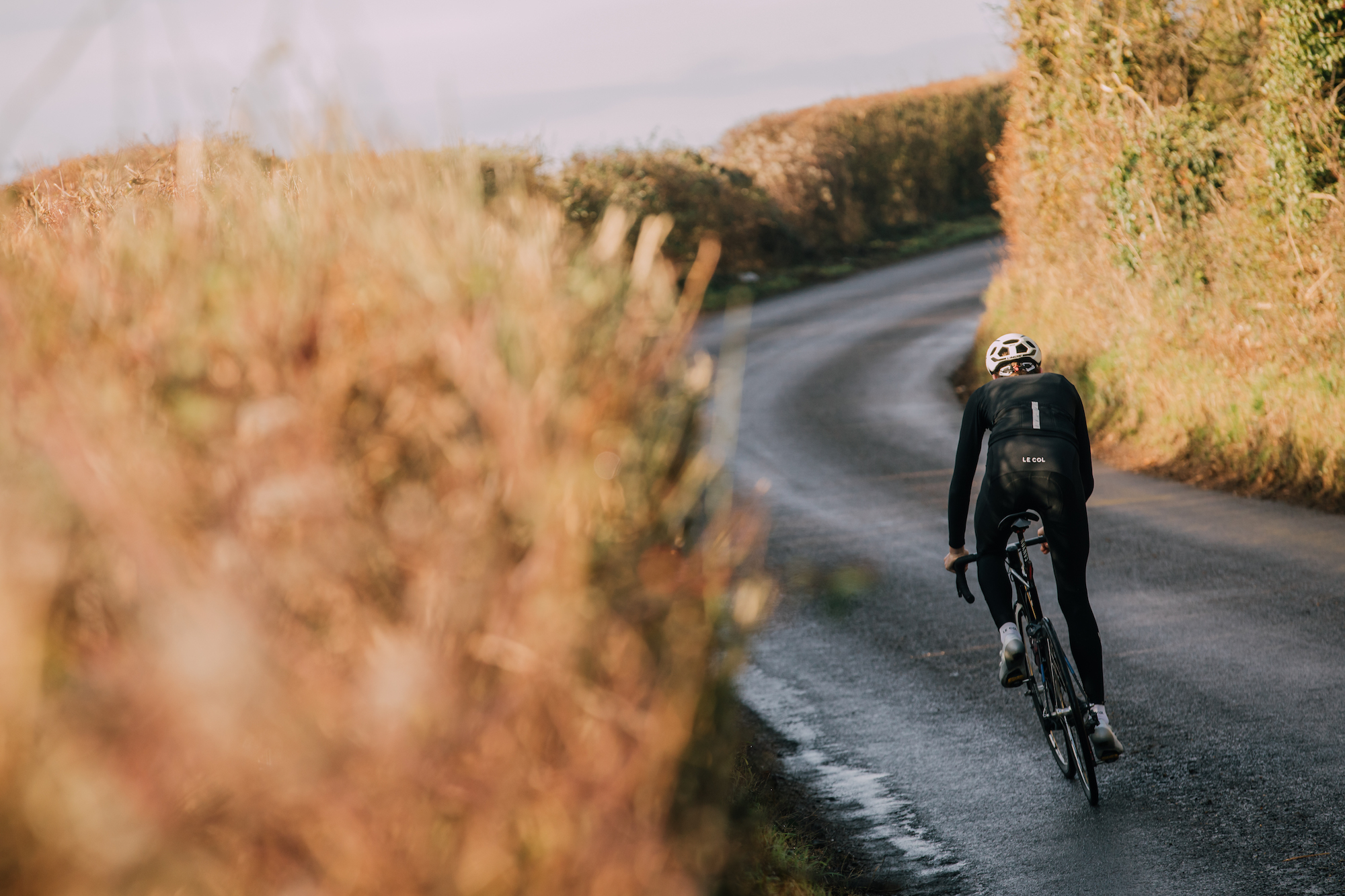Cycling groups ask for urgent clarification over ‘stay local’ guidance during lockdown
The government guidance on exercise has led to confusion as cyclists are unsure how far they are allowed to ride


The latest race content, interviews, features, reviews and expert buying guides, direct to your inbox!
You are now subscribed
Your newsletter sign-up was successful
Cycling groups have written to the government for urgent clarification over the ‘stay local’ guidance for exercise during the coronavirus lockdown.
The government’s restrictions on daily activity have led to confusion, as many cyclists are unsure about how far they can ride while staying ‘local’.
Cycling Weekly asked its riders how the government guidance had impacted their riding, with some riders saying they were anxious about riding their bikes as they were concerned about breaching the rules.
In response to the confusion, which started when Prime Minister Boris Johnson was criticised for riding his bike seven miles away from home, British Cycling and British Triathlon along with charity Cycling UK have written to the government to ask for clarification.
The letter, sent to the secretary of state for the Department for Digital, Culture, Media and Sport Oliver Dowden, says: “From the correspondence we are receiving it is clear that the current confusion is largely stemming from the definition of ‘local’ given elsewhere in guidance on the Gov.uk website (when referring to travel), which is given as an individual’s ‘village, town or part of city’. When taken literally this is quite a restrictive definition, particularly for those who live in small localities or who typically undertake their exercise in quieter or greener spaces in neighbouring areas.”
The letter continues: “While we acknowledge that all guidance relies on an element of common sense, our concern is that the discussion on this matter over recent days and the move by some police forces to issue fines to people undertaking daily exercise is impacting the willingness and confidence of our members and many others to get outside – at a time of year when we already know that this is more difficult for many.”
The current government guidance for exercise in England says people should minimise the time spent outside of their home, but that you can leave home for exercise.
The latest race content, interviews, features, reviews and expert buying guides, direct to your inbox!
You can exercise outside by yourself, with the people you live with, with your support bubble, or with one person from another household.
But the guidance also says your exercise should be limited to once per day and you should not travel outside of your local area.
Cycling Weekly contacted the Department for Culture, Media and Sport for further guidance, but a spokesperson directed us back to the guidance published online.
The rules for Scotland say you can exercise up to five miles from the boundary of your local authority area and you must start and finish in the same place.
Wales has no limits on distance, but guidance says the nearer you stay to your home, the better.
In Northern Ireland, people are advised not to go more than 10 miles from home during exercise.
The government website says: “You must not leave, or be outside of your home except where necessary. You may leave the home to: exercise with your household (or support bubble) or one other person, this should be limited to once per day, and you should not travel outside your local area.”
Cycling UK and British Cycling have both issued helpful guidance for cyclists throughout the pandemic, offering regular updates on the rules and advice on how to ride in a safe manner.
But the two organisations both say they have received queries from their members asking for further detail on what is allowed.
Head of campaigns at Cycling UK, Duncan Dollimore, said: “Among the guidance is a recommendation that exercise should be limited to once per day, and that you should stay within your local area. Neither of these is a legal requirement, and nor is there any definition of 'local area' within the regulations. Therefore trying to give specific advice is impossible without applying our own interpretation to unclear guidelines."
He added: "Cycling UK is constantly being contacted by members, cyclists and groups, all keen to know how they can make sure they can obey the rules and keep others, not just themselves safe.
"The current guidance is confusing at best, with even Britain’s most senior police officer, Dame Cressida Dick saying clearer guidance would be helpful. There are concerns being expressed by other senior officers about the potential for discrepancy from one force to the other.
"This is why Cycling UK is seeking clarification from the government, as ultimately this isn't just about allowing people to go cycling, but to make sure we all do our utmost to contain the virus."
Alex Ballinger is editor of BikeBiz magazine, the leading publication for the UK cycle industry, and is the former digital news editor for CyclingWeekly.com. After gaining experience in local newsrooms, national newspapers and in digital journalism, Alex found his calling in cycling, first as a reporter, then as news editor responsible for Cycling Weekly's online news output, and now as the editor of BikeBiz. Since pro cycling first captured his heart during the 2010 Tour de France (specifically the Contador-Schleck battle) Alex covered three Tours de France, multiple editions of the Tour of Britain, and the World Championships, while both writing and video presenting for Cycling Weekly. He also specialises in fitness writing, often throwing himself into the deep end to help readers improve their own power numbers. Away from the desk, Alex can be found racing time trials, riding BMX and mountain bikes, or exploring off-road on his gravel bike. He’s also an avid gamer, and can usually be found buried in an eclectic selection of books.
